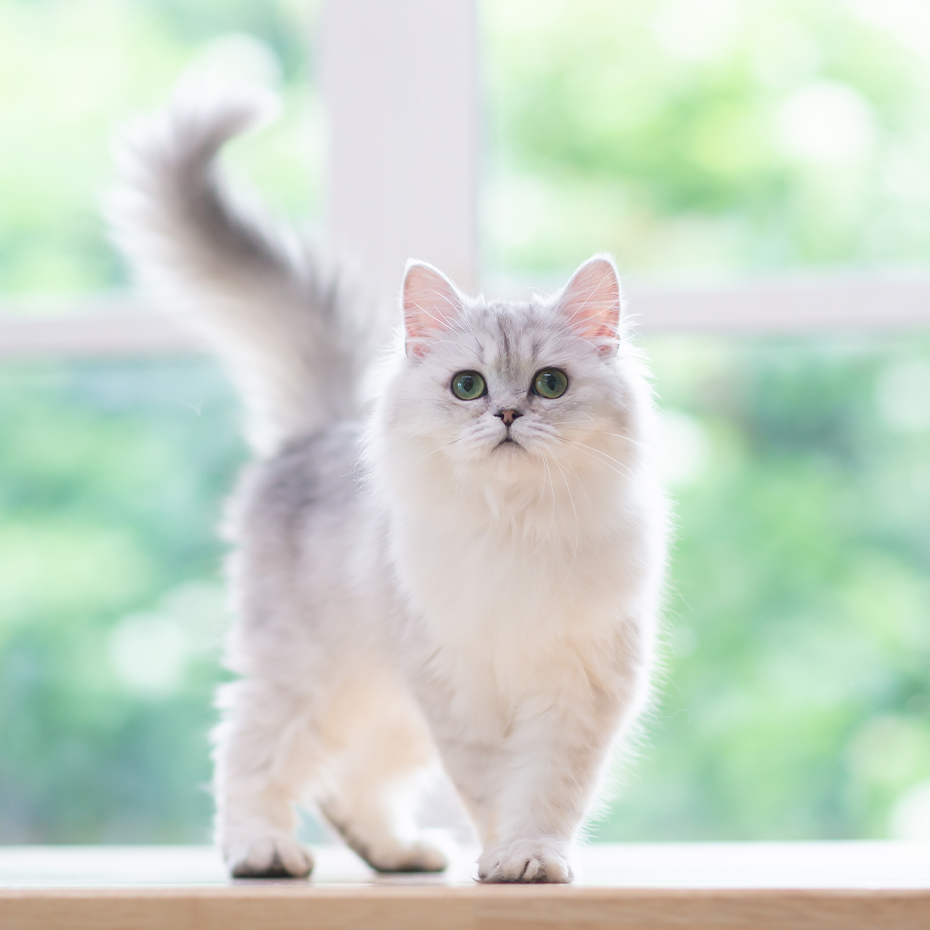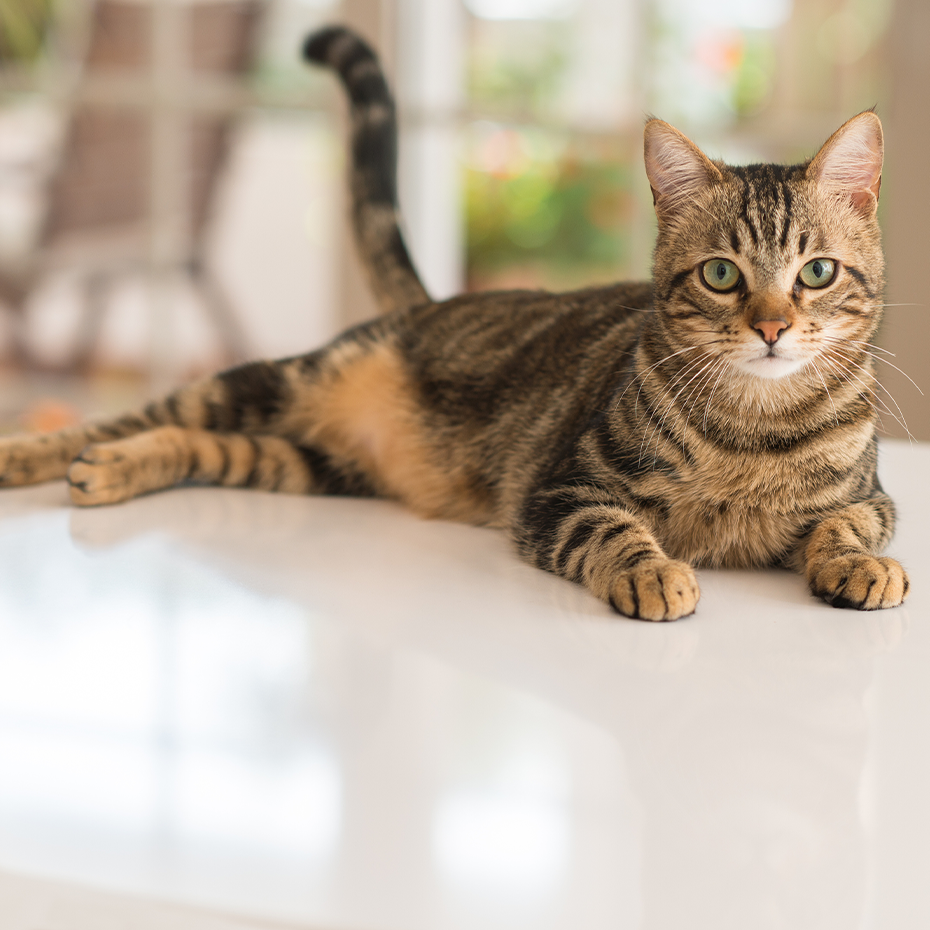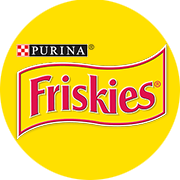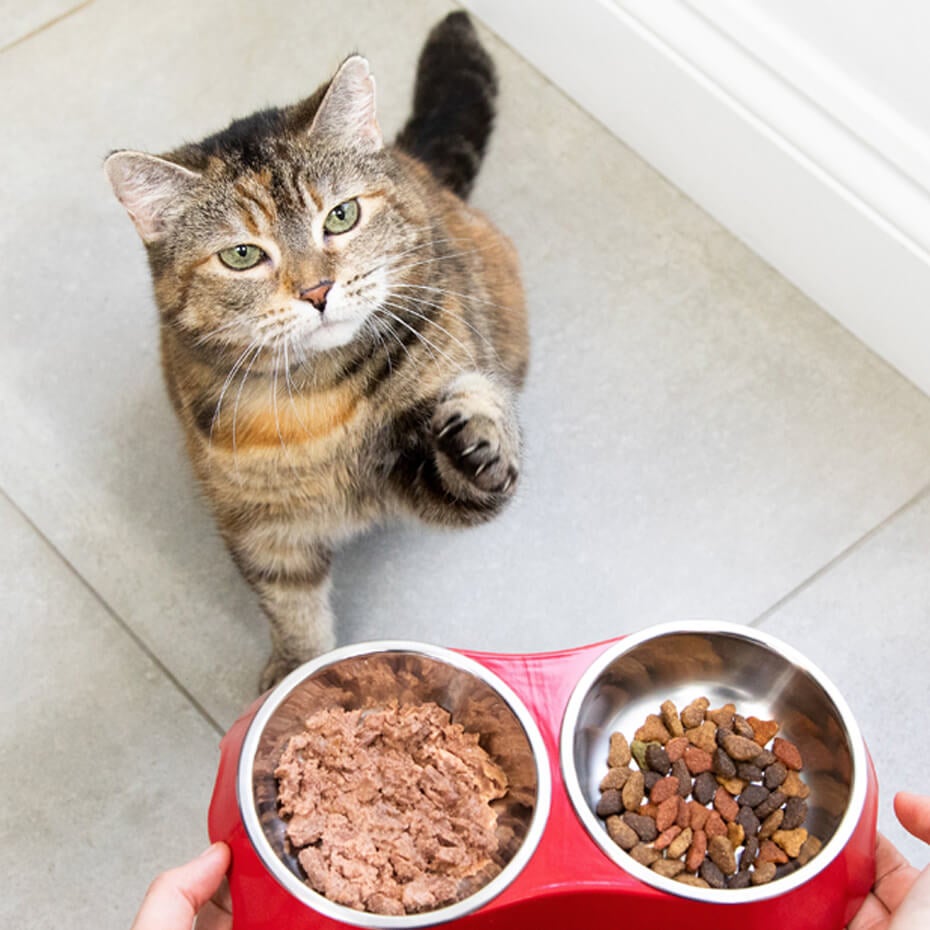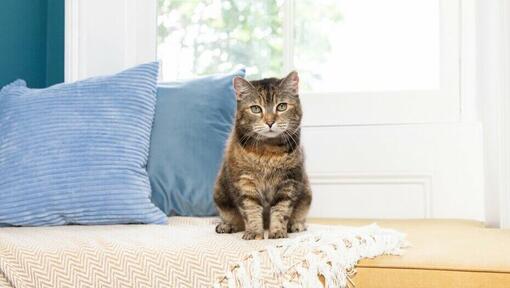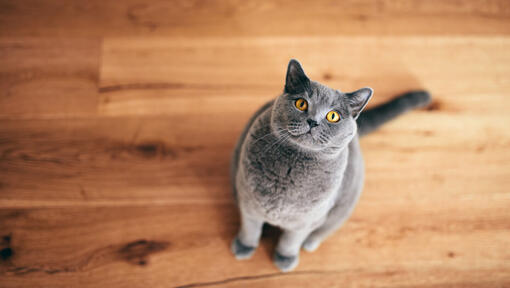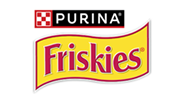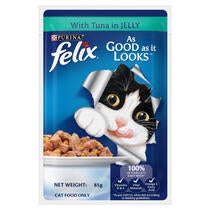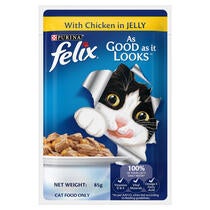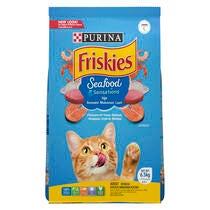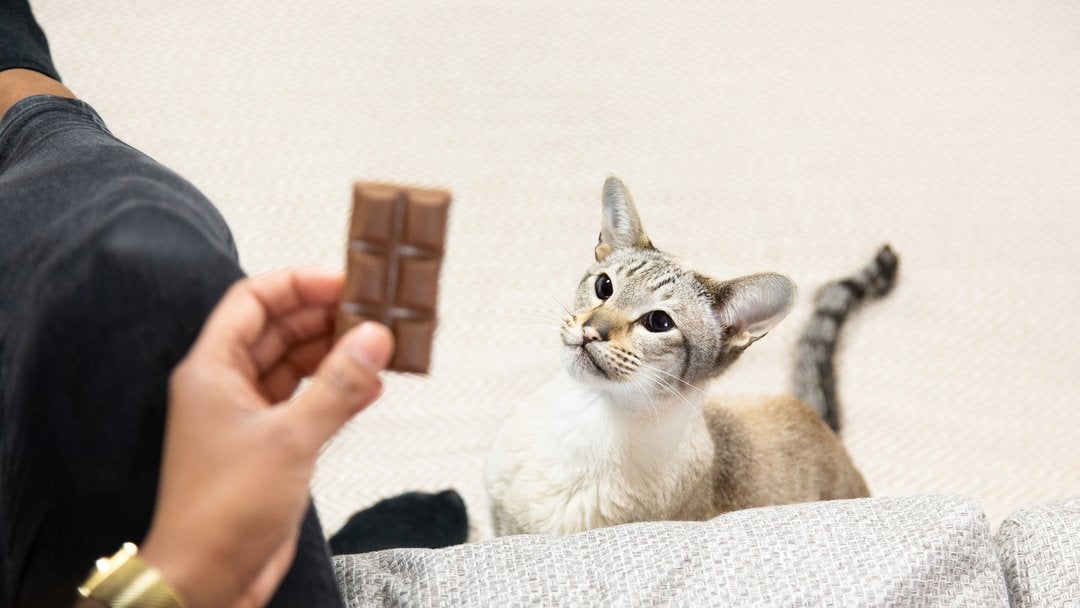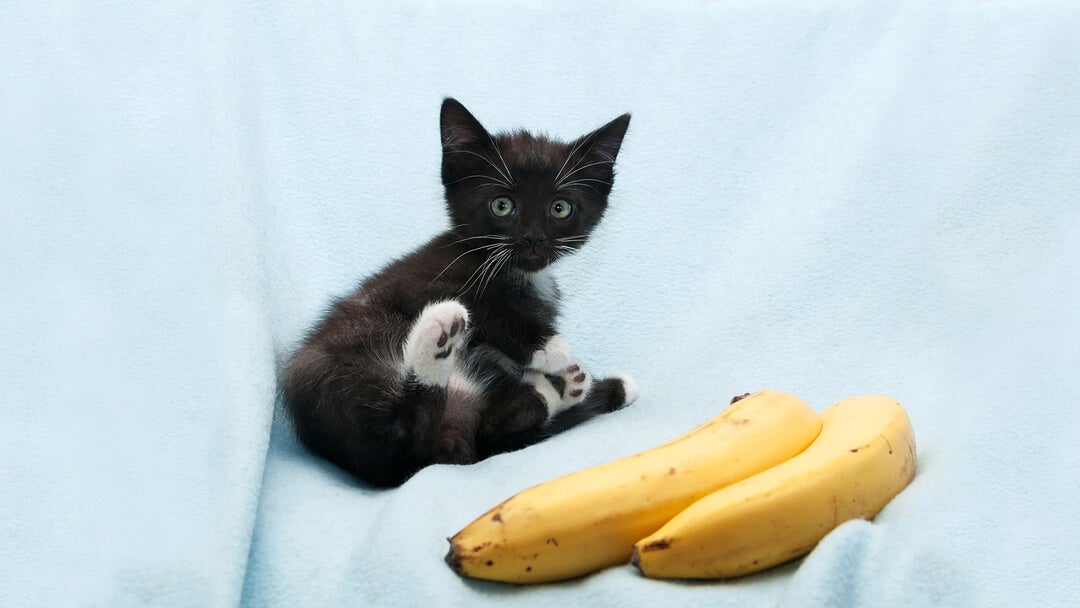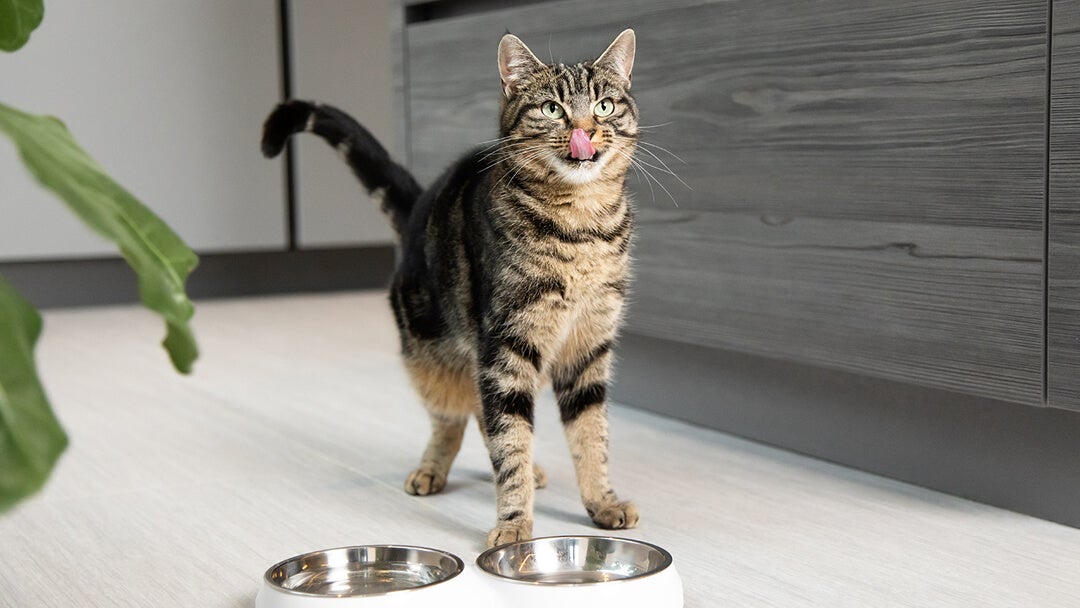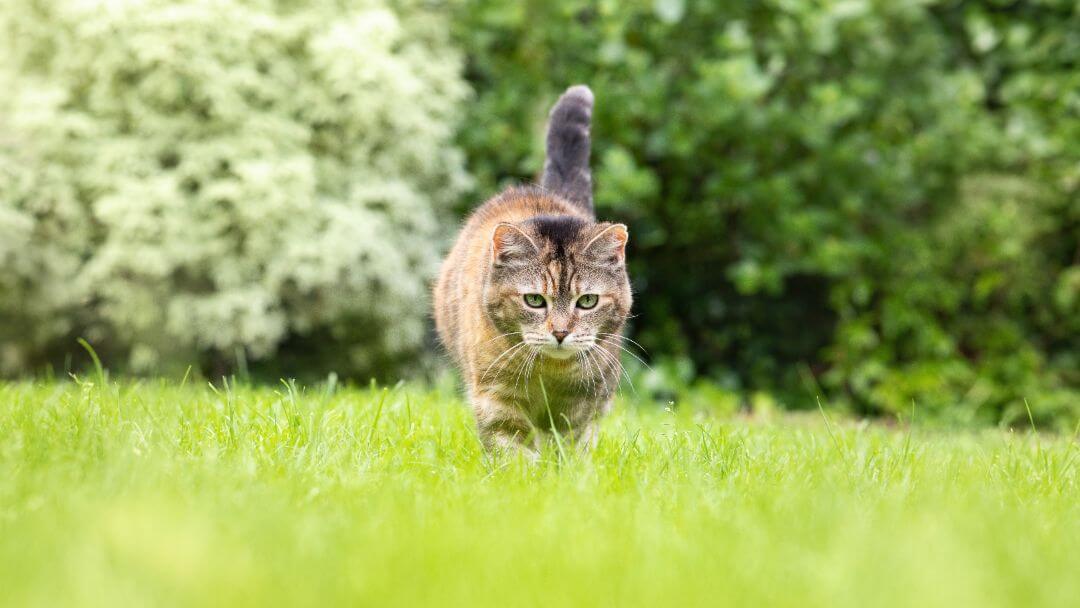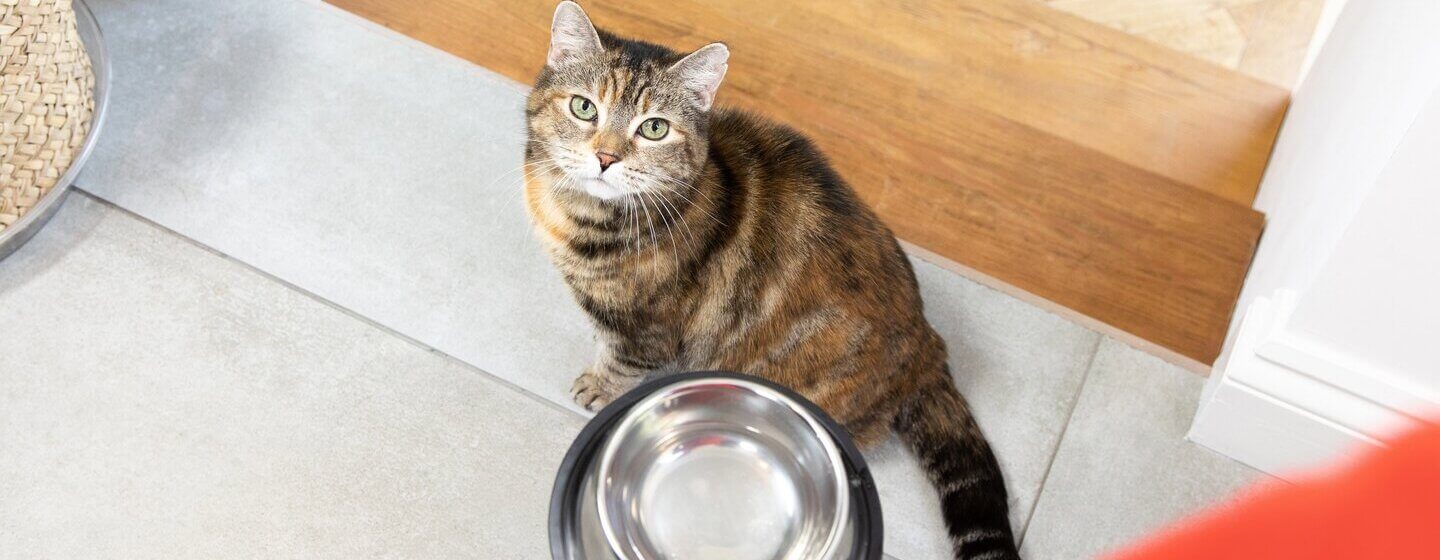
It may surprise you, but there are a lot of cats out there that love the taste of bread! But, can cats eat bread or is it bad for them? Find out all you need to know in this guide.
This may sound unusual, but a lot of cats actually love the taste of bread. All around the internet there are tales of bread bandits, of cats sneaking slices off countertops or racing their owners for the toaster when they hear it pop. It’s a phenomenon that’s baffled cat owners all over the globe and no-one really knows why they find bread so delicious either!
If you’re got a bread aficionado on your hands, you’ll probably be asking ‘can cats eat bread?’ and more importantly, ‘is bread bad for cats?’ Find out the answers to your questions about cats and bread in this article!
Can cats eat bread?
Yes, cats can eat bread, but it’s not recommended. Cat’s don’t actually need carbohydrates and bread is mostly carbs, which is considered to be empty calories for cats with no nutritional value for them.
It’s fine for cats to have a bite of plain baked bread, but it should never be flavoured as there are breads which contain garlic, fruits and even chocolate, which can be harmful for cats.
Additionally, the bread shouldn’t contain any toppings either – butter or peanut spread are high in both fat and calories, and chocolate spread is toxic for cats.
Is bread bad for cats?
Where bread isn’t necessarily a harmful food for cats, it doesn’t offer any nutritional benefit for them. It’s high in calories, low in protein and is very filling which may mean that your cat won’t have enough room for their complete and balanced cat food. A single slice of white bread contains one-fifth of all the calories your cat needs for the entire day, but none of the nutritional value they require!
However, the main instance where bread is bad for cats is when it’s uncooked. Raw bread dough can be incredibly dangerous for our feline friends as a cat’s stomach offers the perfect conditions for dough to expand, leading to bloating and a distended stomach. Generally, this can cause a great amount of discomfort for your cat but in some cases, it can lead to dangerous bloat that may be life-threatening.
The yeast used to ferment the carbohydrates in bread dough also poses a threat to your cat as it produces carbon dioxide and ethanol alcohol.
When ingested, the alcohol gets absorbed into the bloodstream and this can lead to seizures and respiratory failure. If you notice your cat displaying any of the previously listed symptoms, contact your vet straight away.
How to feed bread to cats
It’s usually best to forgo the bread entirely and not offer it to your cat and instead, opt for treats especially made for cats. However, if your cat really does have a taste for bread you can offer them a tiny bite of pain, baked bread with no toppings whatsoever.
In some cases where cats really love bread, it can be useful for administering oral medication. Simply stuff the pill into a small piece of bread and if your feline is a bread fiend, they’ll gulp it straight down! This method doesn’t work for all though as each kitty is unique.
Now you know the answer to can cats eat bread! Want to find out what other human foods your cat can eat? Read our article on can cats eat bananas, next.
